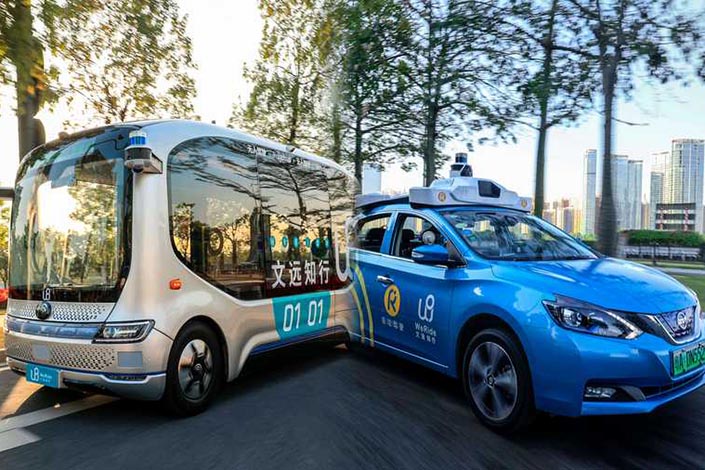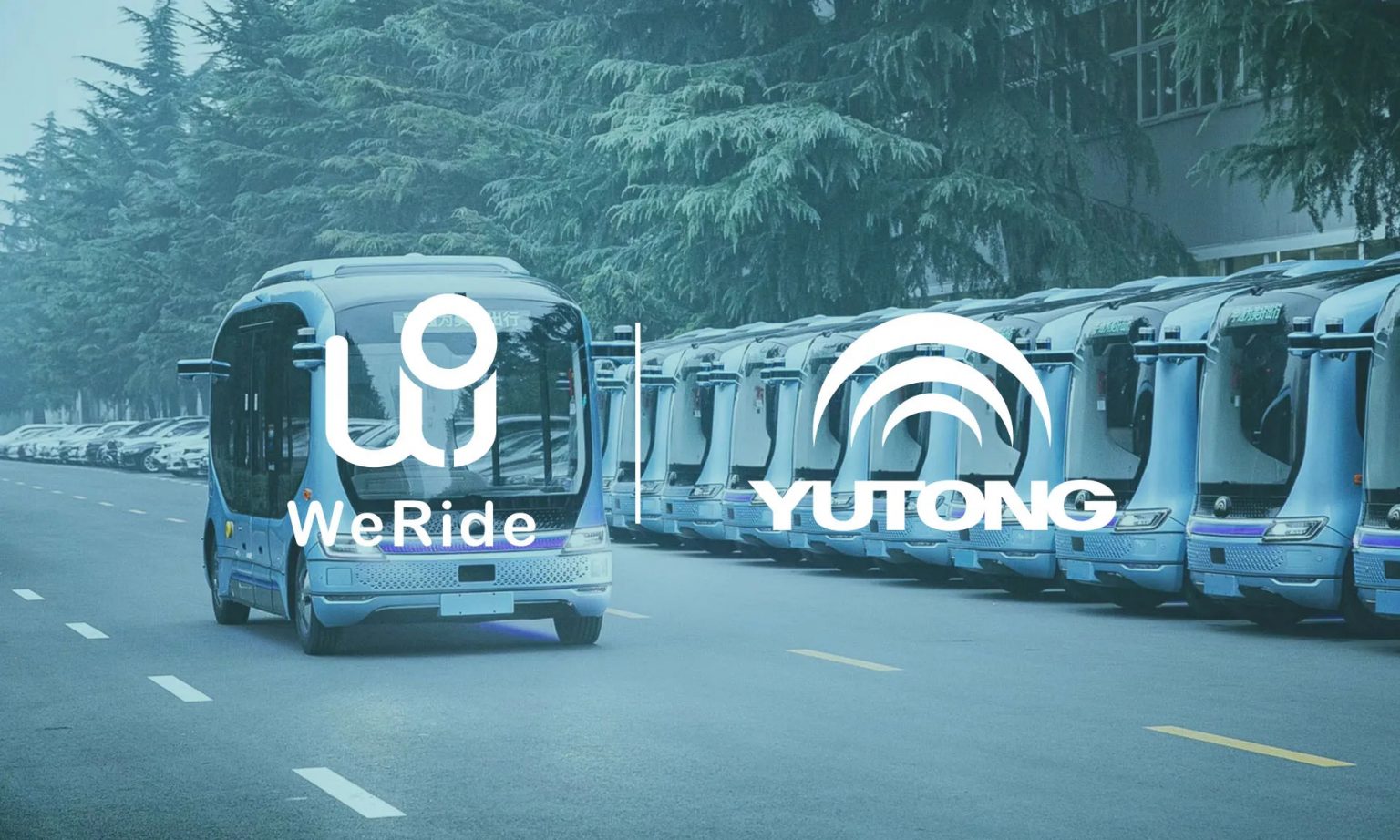After years of aggressive domestic expansion, China’s autonomous vehicle startups are now focusing on international markets. WeRide, in particular, has gone on a licensing binge.
WeRide announced on Monday that it has obtained two Singapore licenses that will allow its robobuses to test on public roads on a “larger” scale. The two permits, known as M1 and T1, were granted by Singapore’s Land Transport Authority (LTA) and will allow WeRide’s self-driving buses to test in areas such as the One North tech cluster and the National University of Singapore.
The announcement came just five months after WeRide announced that it had obtained a self-driving license to test its robotaxis on public roads in the United Arab Emirates, which has a bold plan to automate its transportation system. In addition, the company holds various levels of AV permits in the United States and its home country of China.

In recent years, China’s AV companies have shifted their focus to commercialization, putting less emphasis on the cash-sucking pursuit of Level 4 robotaxis. Deeproute, for example, is strengthening ties with automakers, while others, such as WeRide, are investing in self-driving buses that travel at a slower speed, on fixed routes, and face less unpredictable traffic conditions.
Singapore, one of the world’s densest cities with an aging workforce, began its push into AVs in 2014 as a way to deal with land and manpower constraints. According to the LTA, the city of over five million people is taking a methodical approach to AV deployment, having completed the first phase in “test beds,” or controlled environments.
The island state is now preparing to enter the second phase of development, which will allow AVs for passenger and utility purposes to operate in limited areas. It has drawn other global self-driving players, including the Aptiv-Hyundai joint venture Motional, which has been building and testing robotaxis in the city.
One of the licenses obtained by WeRide is known as Milestone 1 or M1, and it denotes that AVs can test on open roads in certain areas with safety operators who have full control of the vehicles, according to the LTA’s classification.
WeRide has been diligently preparing to enter a foreign market for months, if not years, by cultivating relationships with regulators and business partners. Its investors include SMRT, Singapore’s major public transportation operator, and K3 Ventures, a local investment firm, who have collectively invested more than $1.4 billion.
WeRide recently signed strategic partnership agreements with Woodlands Transport Services, one of the country’s largest private transport operators, and bus service company EZ Buzz.
WeRide has become a poster child for the wave of Chinese technology companies expanding to Singapore, attracting the attention of high-profile political figures. On a visit to China in March, the city-state’s prime minister, Lee Hsien Loong, rode in a WeRide robotaxi. WeRide’s founder and CEO Tony Han stated during his reception of Lee’s entourage that Singapore is a “regional center” for the company’s Asia-Pacific market expansion.
WeRide, one of China’s most-funded AV companies, was valued at $4.4 billion last year and filed to go public in the United States in March.
















